València in Spain is striving towards climate neutrality and managed to establish numerous green urban areas. The feeling of urgency for this mission intensified due to occurrences of heat waves in the city, which is located on the southeastern coast of Spain. This factsheet explores València's strategic approach that underpins their remarkable transition.
Introduction
València is strongly committed to achieve climate neutrality by 2030 and to become a resilient city. Both objectives are addressed in the ‘València 2030 Climate Mission’. Hereby the city contributes to the European targets of reducing climate emission by 55% by 2030 and becoming climate neutral by 2050. The València 2030 Climate Mission serves as a governance model that offers a framework for action. It is based on the València 2030 Urban Agenda and it encompasses both the European mission to reach 100 climate neutral cities by 2030 and the European mission on climate adaptation. The roadmap of the València 2030 Climate Mission, which achieved a wide social and political consensus, played an important role in València winning the European Green Capital Award 2024.
València signed the Covenant of Mayors (Come) in 2009, through which authorities voluntarily commit to achieving emission reduction targets. After signing the CoM, València has made multiple commitments and developed strategies including the València 2030 Climate Mission.
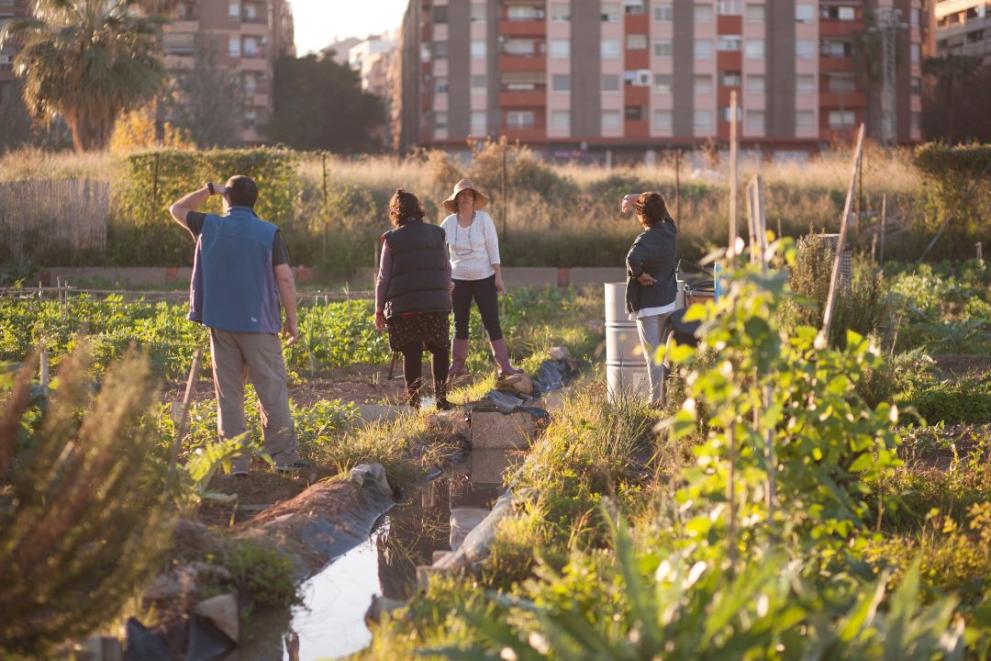
Objective
València has two main motivations to achieve climate neutrality by 2030 and adapt to climate change: improving the quality of lives for its residents and leaving a lasting legacy for future generations.
The València 2030 Climate Mission addresses several sustainable goals such as expanding green spaces, stimulating green energy, and enhancing public health.
The València 2030 Climate Mission enables the transition and systemic innovation towards climate neutrality in València and is divided into 12 strategic areas with six impact domains.
Currently, there are 48 strategic objectives, 30 programs, roughly 200 lines of action in the city, contributing to the València 2030 Climate Mission.
The economic model on the mission, proposed by the Climate Action Plan, offers an overall estimate of 84% reduction of CO2 emissions for scopes 1 and 2 by 2030. The modelling shows a great reduction potential in the Buildings and Heating sector (95%), through measures such as building renovations, creating new near-zero energy buildings, applying efficient lightning and appliances, and realizing low-emission heat generation.
For the transport sector the modelling shows another significant reduction potential (74%), through measures such as reducing the need for motorized transport, realizing modal shifts, stimulating shared transport, the electrification of cars, buses and trucks and the optimization of freight transport logistics.
Regarding energy, longer term objectives are that 27% of energy is generated by renewable sources, 100% of València’s renewable energy production capacity is incorporated in their infrastructures and public buildings in 2030, the transformation of city lighting 100% to LED and the deployment of local energy communities in València’s neighbourhoods.
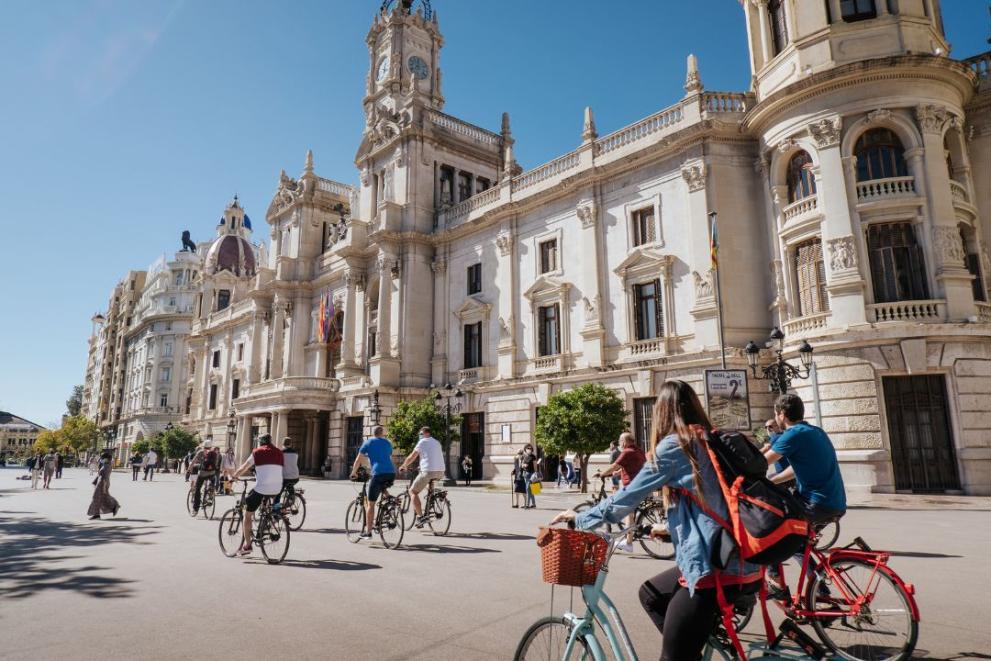
Examples
The actions that are carried out in the context of the València 2030 Climate Mission are very diverse, a few examples from the portfolio of the projects are highlighted below.
- Urbanism & Habitat: València implemented the ‘City of Squares’ project in 2015. In this project, the public space of three main squares was redesigned, prioritizing pedestrians and other forms of active mobility. In these areas, car use is discouraged and thereby the air quality is locally improved. At the same time, new meeting places are created, which improves social cohesion and contributes to the communal feeling.
- Energy: In 2021, València has initiated a project known as ‘Requiem in Power (RIP)’, involving the installation of solar panels on top of mausoleum structures in public cemeteries. These public spaces offer plenty of space for the generation of clean energy. Approximately 7,000 photovoltaic panels have been placed on crypts and other structures at public cemeteries in València, resulting in a total capacity of around 2.8 MW. The project is used on five public cemeteries: General, Cabanyal, Campanar, Benimàmet and El Gray. The produced energy will be used for public utilities as well as local citizen’s households.
Learning points and recommendations
It is important to integrate the different frameworks (the Sustainable Development Goals, the Urban Agenda, and the EU Missions) in a city's urban governance since these frameworks complement each other. València recommends other cities to do the same, while adapting the governance model to the specific city.
Creating the network of climate-neutral cities allows for the possibility of involving multiple stakeholders for the common good of combating climate change. The more connected cities there are, the more knowledge will be generated, and more innovative solutions will be created for climate change adaptation and mitigation.
Challenges
In the mission to become a climate neutral city, València faces both the necessity and the complexity of implementing the Climate City Contract (CCC). The CCC is a tool designed to achieve climate neutrality as part of the European 100 climate neutral cities mission, with three interlinking components: commitments, actions, and investments. Despite its value, implementing the CCC presents challenges when it comes to adapting it to the unique context of València. In the governance model, it remains a challenge to address the huge complexities and interlinkages accordingly, and it requires a lot of data. Engaging the private sector is another critical aspect, but it is hindered by privacy constraints.
Furthermore, the attainment of active participation remains a challenge. To achieve climate neutrality, the public and private stakeholders must be involved, as well as civil society, universities, and other institutions. Important is the incorporation of the heritage of the city, the local dimension of the transition towards climate neutrality, and inclusivity. The European mission should create a sense of ownership and engagement among residents in the city.
Benefits
The good practice of the València 2030 Climate Mission yield various co-benefits that will become apparent over time. The diversity of these benefits underscores the urgency of adopting the proposed measures. These benefits include:
- Enhance public health
- Biodiversity preservation
- Increased availability of green spaces
- Improved air and water quality
- Enhance urban space for people and safer roads, better energy efficiency, sustainable economic development and waste reduction and creation of green jobs
Another positive development is the wide social and political consensus that was achieved when the València 2030 Climate Mission was approved.
Good Practices 2023
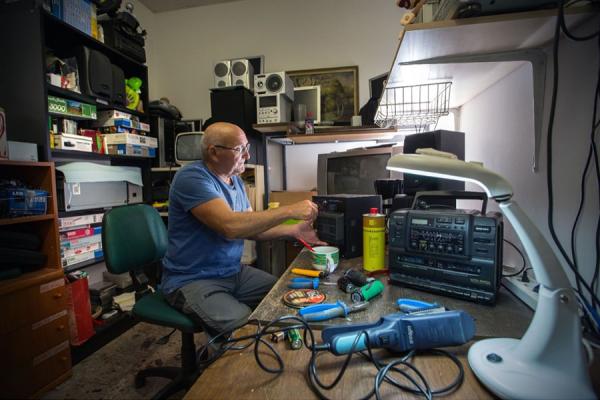
Discover how Velenje Reuse Centre reduces waste, creates green jobs, and fosters a circular economy by refurbishing and selling second-hand items, making a positive impact on the environment and the community.
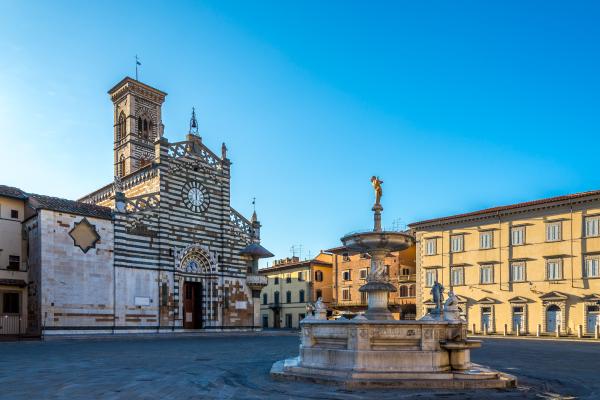
This good practice aims to enhance green space, recreational activities, and host cultural events, while restoring the area’s historical significance.
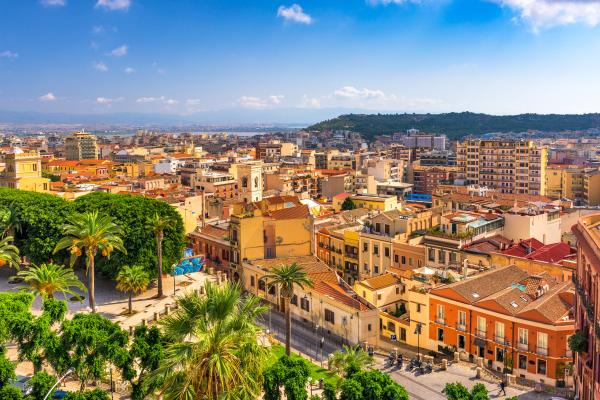
Cagliari aspires to include people in their transition towards their big dream of becoming a sustainable city.
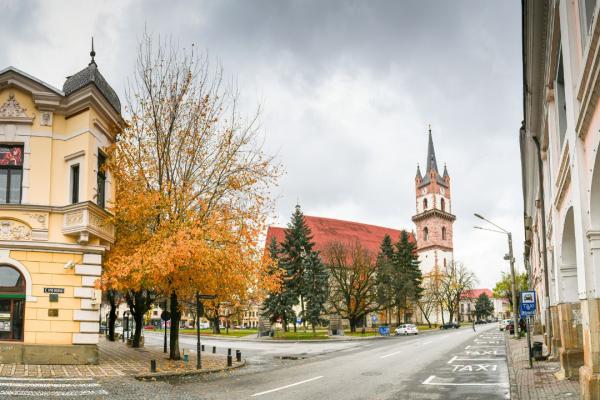
Bistriţa is actively monitoring indoor and outdoor air quality since 2021, as part of the local sustainable mobility campaign "Bistriţa, Zero Carbon City"
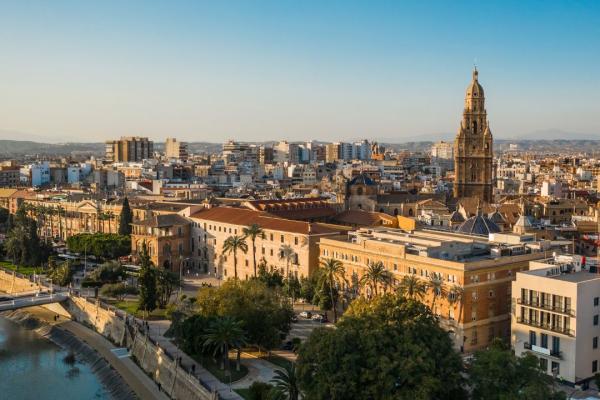
Murcia’s LIFE ENRICH project implements a circular economy approach in wastewater treatment.
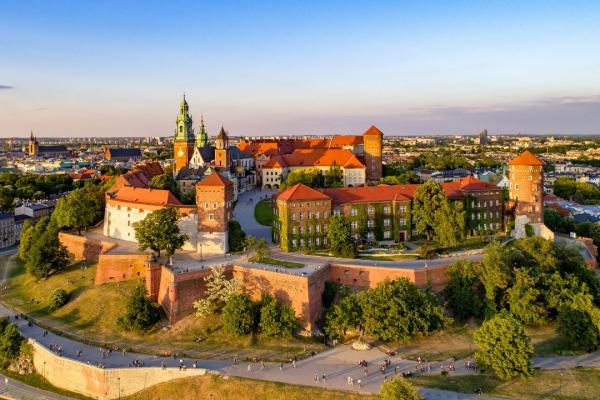
Krakow aimed to increase public interest in the climate crisis, gather ideas on energy efficiency and derive collaborative recommendations for city actions.
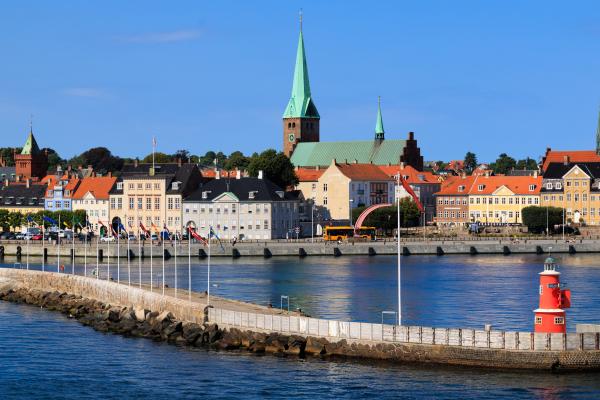
Elsinore captures the attention of visitors by showcasing local and sustainable businesses on their GoGreen card.
